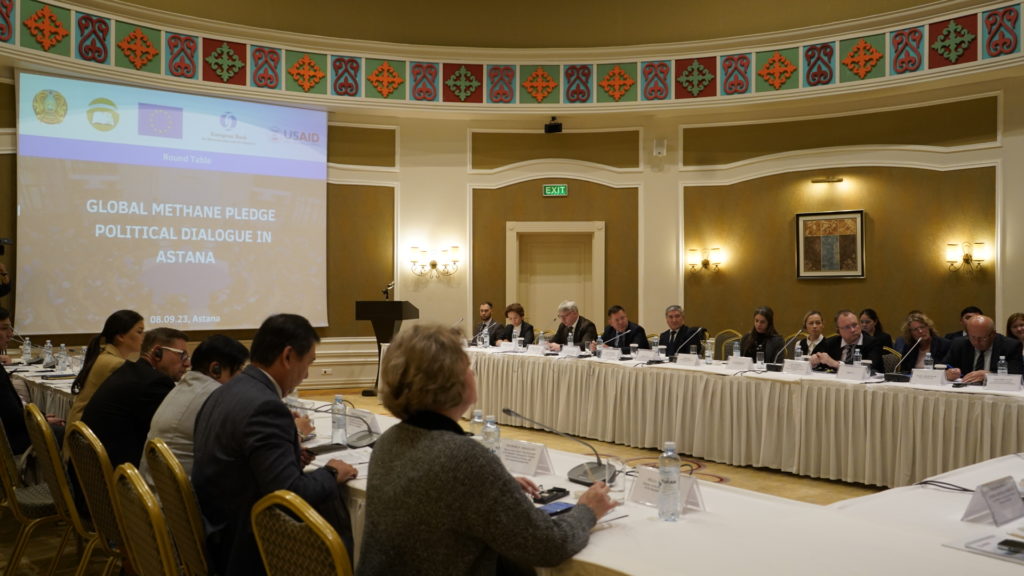Online – The representatives of the state partners, SECCA national coordinators, and members of the Regional Group on Modelling attended the Online Regional Workshop on Energy Modelling organised by the European Union’s Sustainable Energy Connectivity in Central Asia (SECCA) project.
The event marked an important milestone – it has launched Phase II of SECCA’s work on building capacities of the Central Asian countries to develop national energy sector models, improve local systems thinking and knowledge (data) based decision making in the energy and climate sectors. The workshop reviewed the results of Phase I and the plan for Phase II.
Phase I focused on building foundational skills, including the creation of the Regional Group on Modelling made up of young professionals from Kazakhstan, Kyrgyzstan, Tajikistan, Turkmenistan, and Uzbekistan. Three technical workshops throughout 2024 and early 2025 covered strategic energy and climate planning, data collection and analysis, and the practical application of modelling for preparation of strategic documents and plans in the energy and climate sectors.
At the workshop, Workstream Lead on Energy Modelling Rocco De Miglio presented a summary of the progress achieved so far, including five country reports. These reports developed by the members of the Regional Group on Modelling demonstrate their new knowledge and skills, and provide proposals and ideas for future developments of simple country analyses and tools. Participants from each country also shared feedback and insights.
Looking ahead, Phase II will adopt a more targeted, country-specific and application-oriented approach. Upcoming events include a regional workshop in Tashkent in July 2025 focused on energy scenario development and analysis covering topics of renewable energy penetration, energy efficiency in buildings, and coal phase-out, as well as a follow-up workshop in, tentatively, November 2025 and a regional conference in early 2026 to present, respectively, the interim and final results of the scenario analysis.



